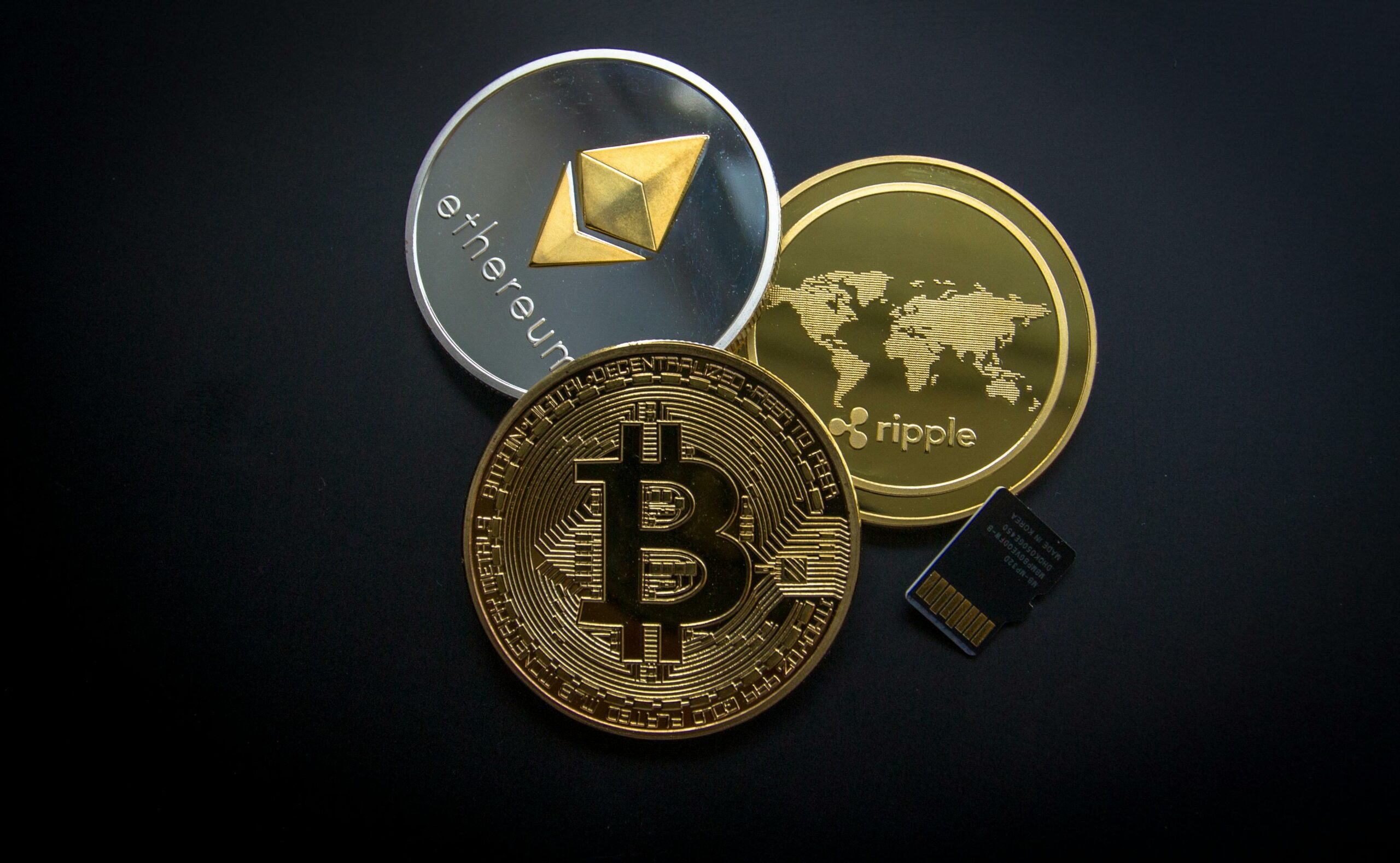Smart Contracts in Action, Real-World Use Cases for Companies
Imagine lending money without a lawyer, paying freelancers abroad without waiting for banks, or getting an insurance payout the instant a flight is delayed. That’s the power of smart contracts, digital agreements that run themselves.
Imagine lending money without a lawyer, paying freelancers abroad without waiting for banks, or getting an insurance payout the instant a flight is delayed. That’s the power of smart contracts, digital agreements that run themselves. They’re one of the most important innovations in blockchain, making financial services faster, cheaper, and more trustworthy.
Here’s a simple guide to what smart contracts are, how they work, why they matter, and how businesses can start using them today.
What Are Smart Contracts?
Smart contracts are programs written in code that automatically carry out an agreement once certain conditions are met.
Think of them like a vending machine:
-
Put in a coin → get a snack.
-
No cashier, no middleman, no waiting.
Instead of snacks, smart contracts can move money, release payments, transfer assets, or enforce rules. Once deployed on a blockchain, they can’t be altered, which makes them secure and trustworthy.
How Smart Contracts Work
-
Write the rules in code: Define conditions like “if X happens, do Y.”
-
Store on blockchain: Once deployed, the contract is tamper-proof.
-
Trigger automatically: When the condition is met, the outcome executes instantly.
Because they’re on public blockchains, anyone can verify the rules. No hidden clauses, no surprises.
Why People Like Smart Contracts
-
Trust without middlemen: No need for banks, lawyers, or brokers for simple agreements.
-
Lower costs: Fewer intermediaries = fewer fees.
-
Transparency: Everyone can see the rules in advance.
-
Speed & automation: No waiting for paperwork, everything runs instantly when triggered.
Real-World Examples of Smart Contracts
-
Freelancer payments: Automatically release funds when work is delivered.
-
Supply chain: Trigger payments when goods arrive at checkpoints.
-
Insurance: Auto-pay claims if flight delays, weather data, or conditions match.
-
Payroll: Pay employees on time, every month, directly from the contract.
The Takeaway
Smart contracts are the digital glue of blockchain, making money and data move with trust, speed, and transparency. They’re already changing how businesses handle payments, payroll, and supply chains.
And the best part? You don’t need to be a tech giant to use them. With the right tools, even small businesses can start experimenting today.
👉 Ready to see how smart contracts can cut costs, save time, and bring trust to your business processes?
📩 Let’s talk. Reach us at [email protected] or call (+356) 27 368 513 to explore how we can help your company step into the blockchain-powered future.

